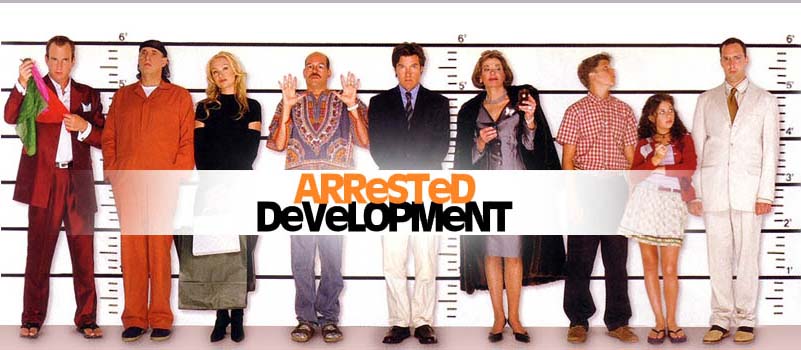Reading Game of Thrones made me think about why I don't read epic fantasy. It's not because those stories are relegated to the genre ghetto (I still read some genre books)--though that factors into it a bit. But typical epic fantasy takes place in other realms modeled after Medieval Europe--a period of time in that place to which I'd rather not return. The notion of absolute monarchs and nobility is so outdated, and both sexes are allowed so little flexibility in their predetermined roles. And the focus on the higher classes, while a decent escapist route for other people, does not appeal to me in the least. What about all the people they allegedly rule over? And why are the Middle Ages so intriguing? I don't even want to pretend about it. It was a terrible, shameful period in the history of Europe. The promise of magic isn't really enough for me--I can get plenty of magic in Harry Potter-like fare. Even more socially conscious epic fantasy stories don't especially intrigue me--I guess any Medieval trappings in general are bound to turn me off.
 So then why, you ask, did I decide to read Game of Thrones? This fantasy world resembles Medieval Europe even more closely than other epic fantasy stories, and even more blatantly racist and misogynistic--to a point teetering on the brink of problematic. And though I found a lot of such content in the first volume, I was nevertheless enthralled in the characters and ever-evolving intrigue as the story progressed.
So then why, you ask, did I decide to read Game of Thrones? This fantasy world resembles Medieval Europe even more closely than other epic fantasy stories, and even more blatantly racist and misogynistic--to a point teetering on the brink of problematic. And though I found a lot of such content in the first volume, I was nevertheless enthralled in the characters and ever-evolving intrigue as the story progressed.A brief synopsis, for those who don't know: Game of Thrones follows the Stark family as each member gets pulled into national politics (in modern terms) and uncover a plot to kill the king and secure the cunning Lannister family into greater power. Each chapter follows a different point of view, most of them members of the Stark family, with the exception of the dwarf Lannister son Tyrion and the tangential story of the last Targeryen (the family that had been deposed by the current king) Daenerys, who at 14 is married to a Dothraki khal by her brother and whose experiences compel her to help bring back the age of magic and monsters.
Game of Thrones is obviously meticulously constructed (fyi, I'm obviously just referring to this first book, of course), with each chapter advancing the plot and pov character's arc in some way. Even the seemingly pointless deaths, for which many claim are pervasive in the book, serve the greater narrative in one way or another. And with each event (or almost every event) serving such a purpose, the tension rapidly rises and the stakes raised. And as I got to know each of the p.o.v characters, I came to like them more, or else my feelings toward them changed over the course of the narrative. By the middle of the 800-page tome, I had characters I was rooting for, characters I loathed, and characters I felt pity for.
But George RR Martin seems especially cruel, not just with the grim portrait of a Medieval-esque land, but also in how he constantly beats down his characters the second they have something to hope for. Whether it's murdering characters they care about, allowing them to be tricked or make mistakes for an inordinate amount of time, have them lose, and lose again, or laying bare the misogynistic culture that seems to respect women as much as cattle, Martin is one cruel god. This is not necessarily a bad thing, as it sustains narrative tension, but all the hardship makes me want to put down the book after a while. Sometimes, it gets to be too much.
Another reason to put down the book? It's too long. Now, it's not that the book is uninteresting, but there were moments later in the book where something that happened earlier is referenced and for a second I'd thought it was a previous book. Too much happens--and I'm sure the overall word count could have been reduced in other ways. I can certainly appreciate a lengthy novel that meanders slowly through the plot and soaks itself in details and character studies, but this is epic fantasy we're talking about here. It's meant to be consumed quickly--and for that it was too damn long.
So, while Game of Thrones may not be the best that epic fantasy has to offer, or even my particular cup of tea, but it is an entertaining and often thrilling read. 3.5 stars out of 5.






